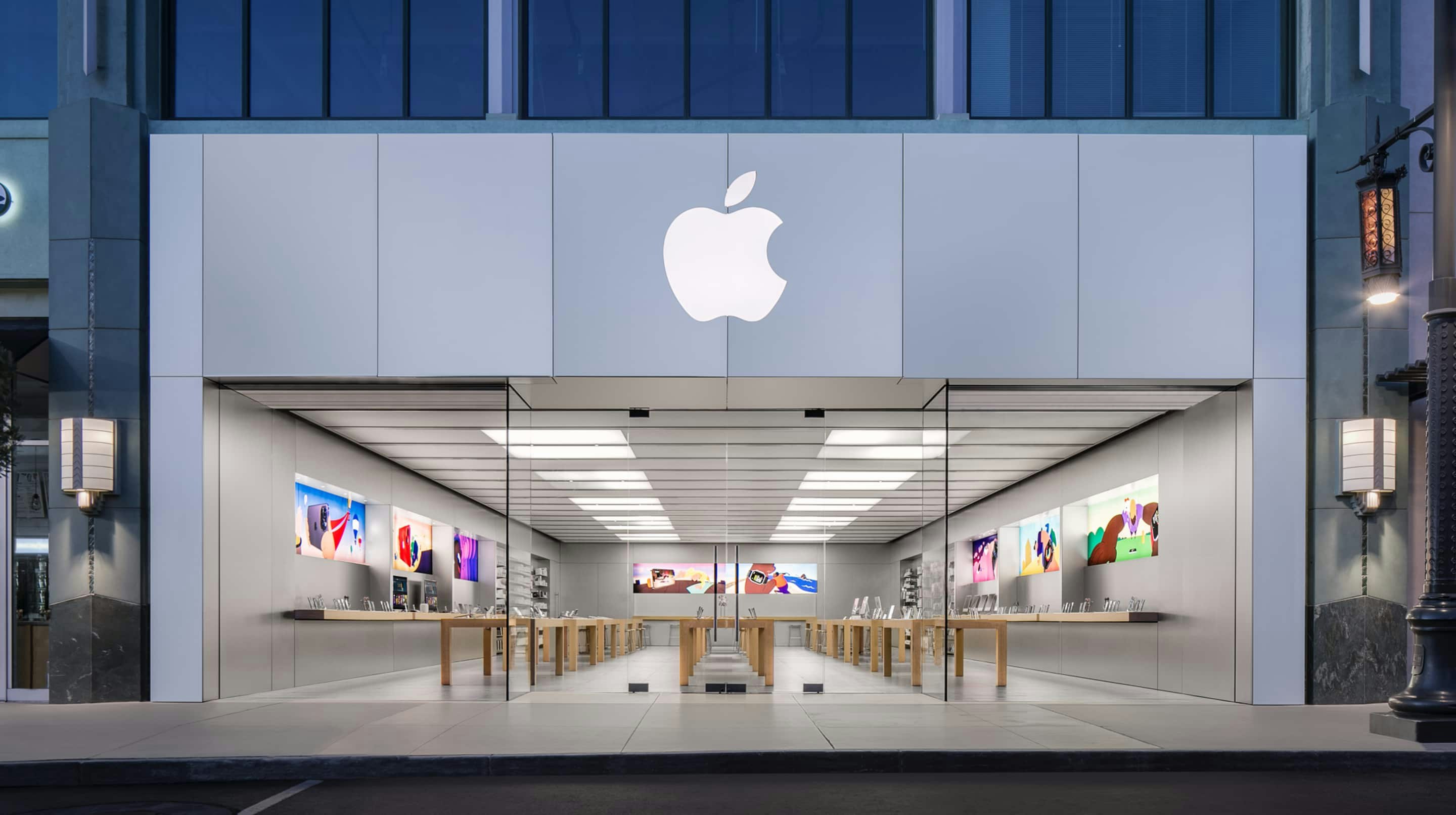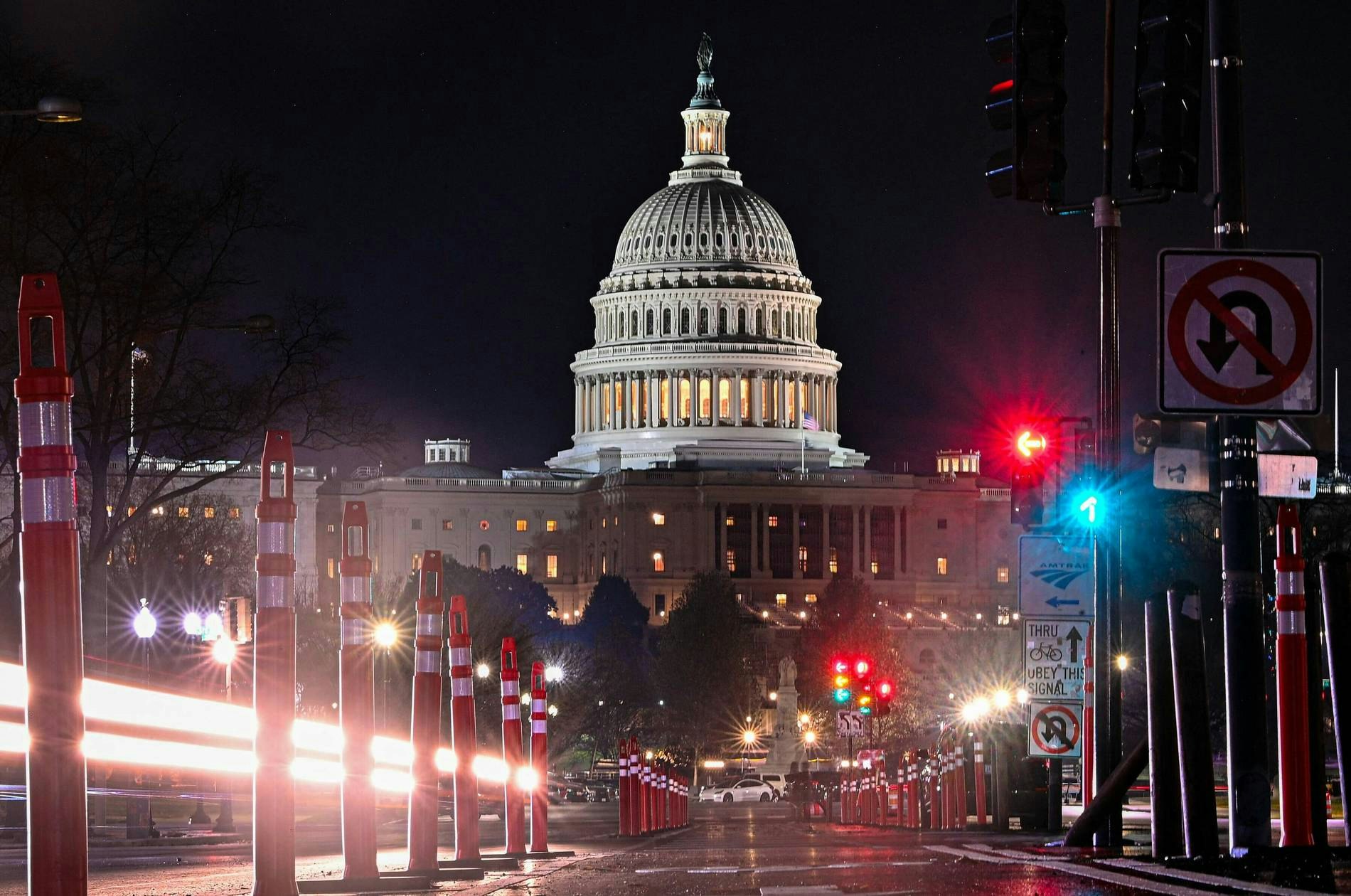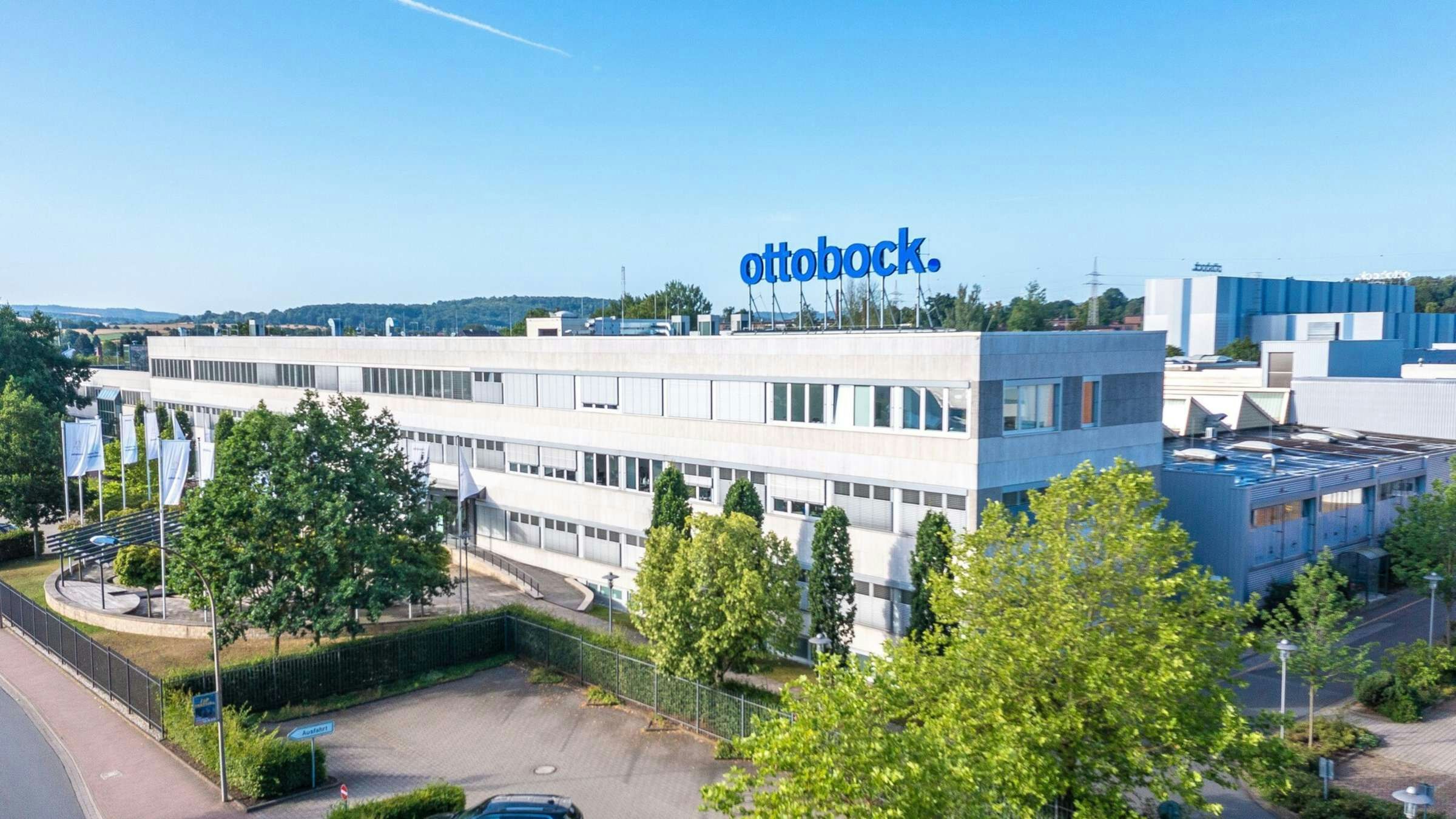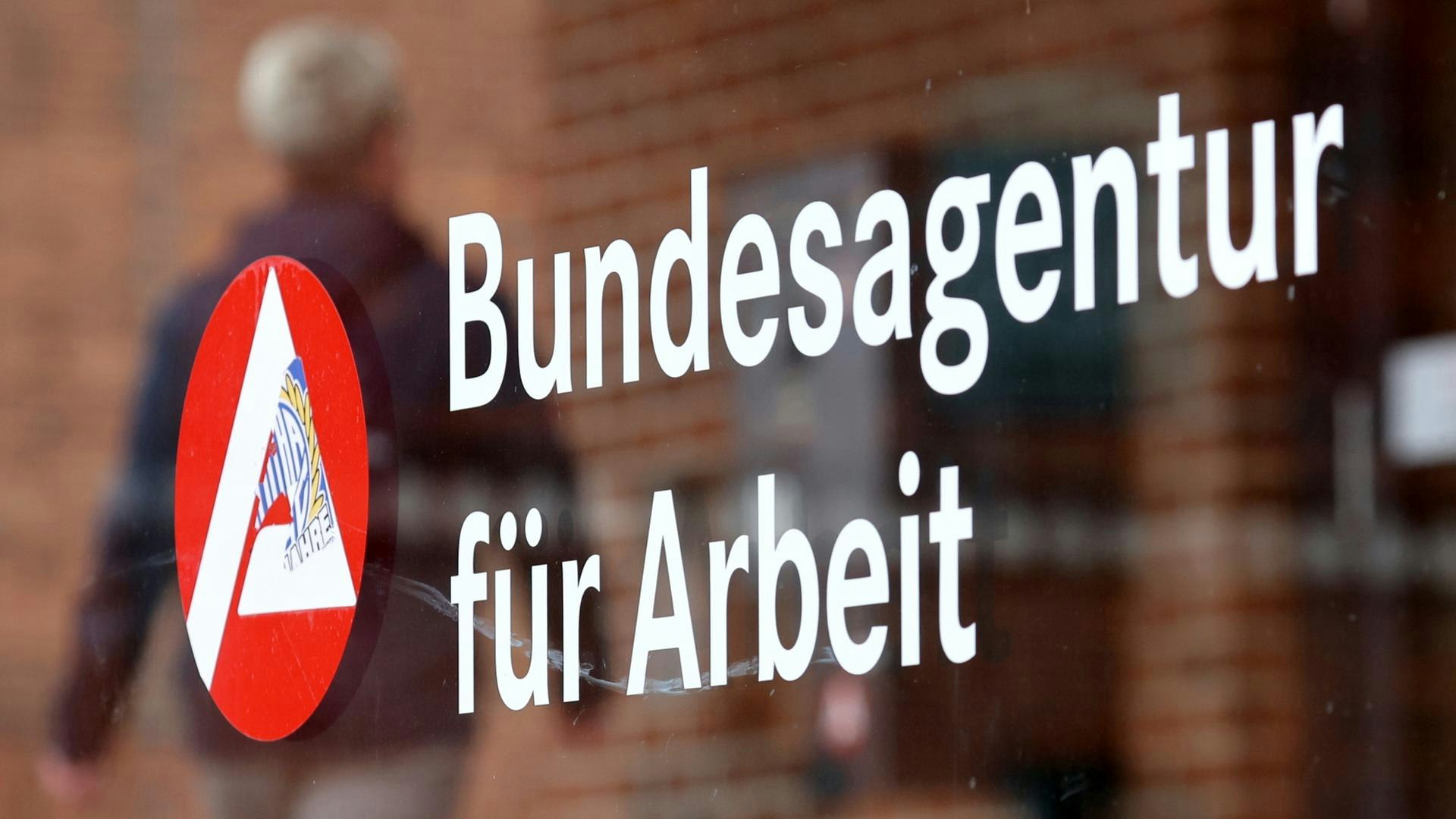Since the beginning of the year, Apple has lost about a dozen leading AI researchers to competitors like Meta, OpenAI, xAI, and Cohere—a painful hemorrhage amid the escalating race for talent in the field of foundation models. The departure of Ruoming Pang, head of Apple's team for generative AI, to rival Meta is particularly seen in the industry as a crisis signal.
The exodus concerns key employees who were significantly involved in Apple's AI releases last year. Departures include Brandon McKinzie and Dian Ang Yap, who have since moved to OpenAI, as well as Liutong Zhou, now at Cohere. Other well-known names such as Mark Lee, Tom Gunter, Bowen Zhang, and Shuang Ma also followed the call from Meta. Floris Weers, a British researcher from Pang's team, also left Apple in July.
Industry experts see the exodus as evidence of growing uncertainty within Apple regarding its AI strategy. Aaron Sines, Director of AI Recruiting at Razoroo, sums it up: "Many companies currently see an invitation to hunt at Apple.
The departures hit Apple at a time when the company wants to significantly expand its AI activities. CEO Tim Cook promised higher investments in artificial intelligence last week and held a rare company-wide employee meeting, emphasizing that Apple must "win in AI.
At the center of internal unrest is Siri: The planned conversion of the voice assistant to large language models is delayed, which has led to a leadership change. John Giannandrea, the AI chief poached from Google in 2018, was replaced by Mike Rockwell, who previously oversaw the development of the Vision Pro.
The delayed Siri updates are part of the "Apple Intelligence" strategy, with which the company aims to enhance its hardware using generative AI features. However, analysts warn: While Apple traditionally relies on mature products, the development pace in the industry is "rapid," according to Wamsi Mohan of Bank of America. Apple risks falling behind user expectations.
Apple's foundation model team is said to consist of only 50 to 60 people, according to those familiar with the matter – a comparatively small group given the significance of the subject. Furthermore, there is the enormous market dynamic: Microsoft has recently poached over 20 DeepMind researchers from Google, as reported by the Financial Times.
According to Graig Paglieri, CEO of Randstad Digital, companies are now treating top AI talent as strategic capital—on par with patents or entire business units. Salaries reflect this new valuation: for top researchers like Pang, sign-on bonuses of over 100 million US dollars are no longer uncommon.







